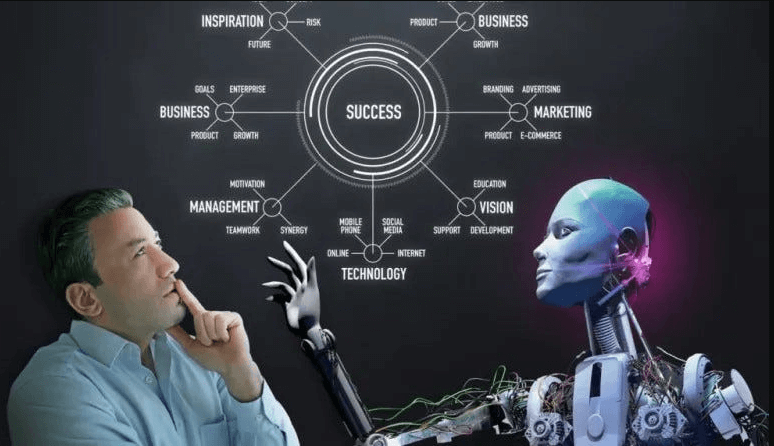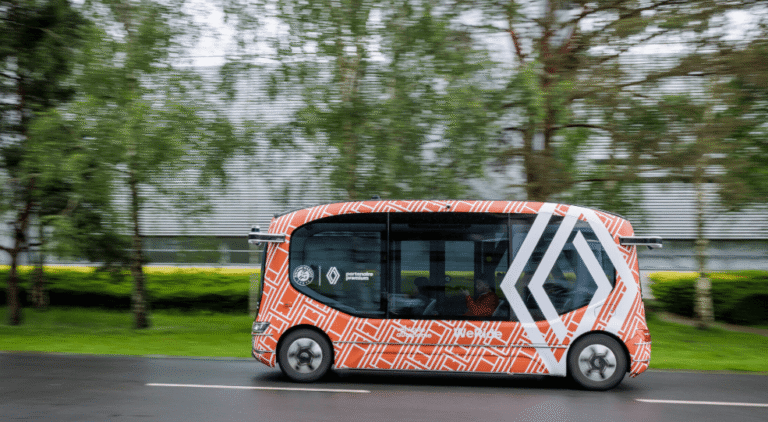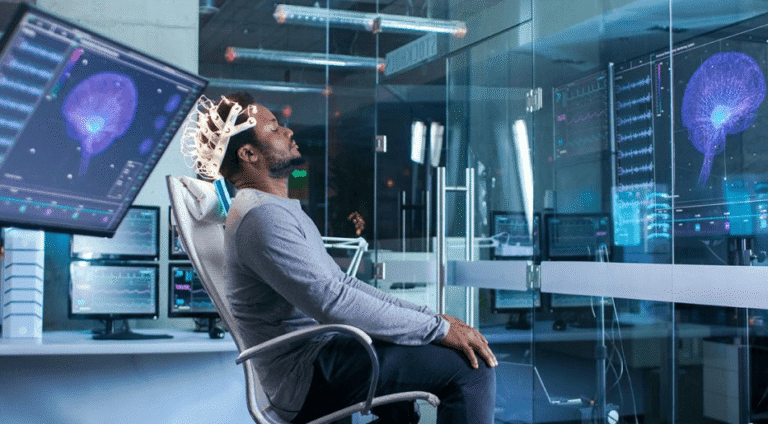Convergence of Human & Machine Intelligence: Ethical Boundaries
The convergence of human and machine intelligence presents a complex interplay of opportunities and ethical dilemmas. As machines gain influence over decision-making, the preservation of human autonomy becomes increasingly critical. This situation prompts an examination of the ethical frameworks needed to guide these interactions. How can society establish boundaries that protect personal freedoms while embracing technological innovation? The answer to this question may shape the future of human-machine collaboration.
The Potential and Promise of Human-Machine Collaboration
As advancements in technology continue to reshape various sectors, the collaboration between human intelligence and machine learning emerges as a promising frontier.
This synergy fosters enhanced creativity, enabling individuals to explore innovative solutions while benefiting from robust decision support.
Ethical Challenges in the Age of AI
Navigating the ethical challenges in the age of AI requires a nuanced understanding of the intricate interplay between technology and society.
Central issues include algorithmic bias, which can perpetuate discrimination, and data privacy, which safeguards individual autonomy.
As AI systems increasingly influence decision-making, the balance between innovation and ethical responsibility becomes paramount, necessitating a collective commitment to transparent, equitable frameworks that prioritize human rights.
See also: Carbon-Aware Computing: Scheduling Tasks by Emissions
Defining the Boundaries of Human and Machine Interaction
How can society effectively delineate the boundaries of human and machine interaction in an increasingly automated world?
The challenge lies in preserving human autonomy while recognizing the role of machine decision making. Ethical frameworks must be developed to ensure that technology serves humanity, safeguarding personal freedoms and accountability.
Balancing these elements is essential to foster a future where human agency remains paramount amidst advancing automation.
Conclusion
In navigating the convergence of human and machine intelligence, establishing ethical boundaries is imperative to preserve human autonomy. As technology increasingly shapes decision-making, a delicate balance between innovation and responsibility must be maintained. By critically examining the interplay between human agency and machine capabilities, society can harness the transformative potential of AI while safeguarding personal freedoms. Ultimately, fostering a collaborative environment will ensure that advancements in automation enhance, rather than diminish, the essence of human experience.






